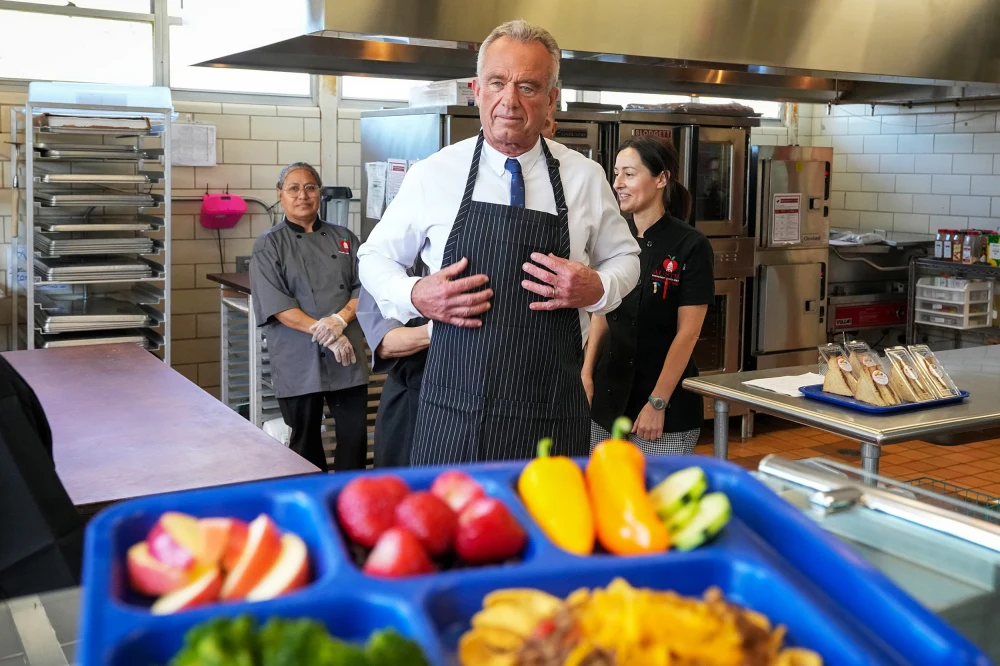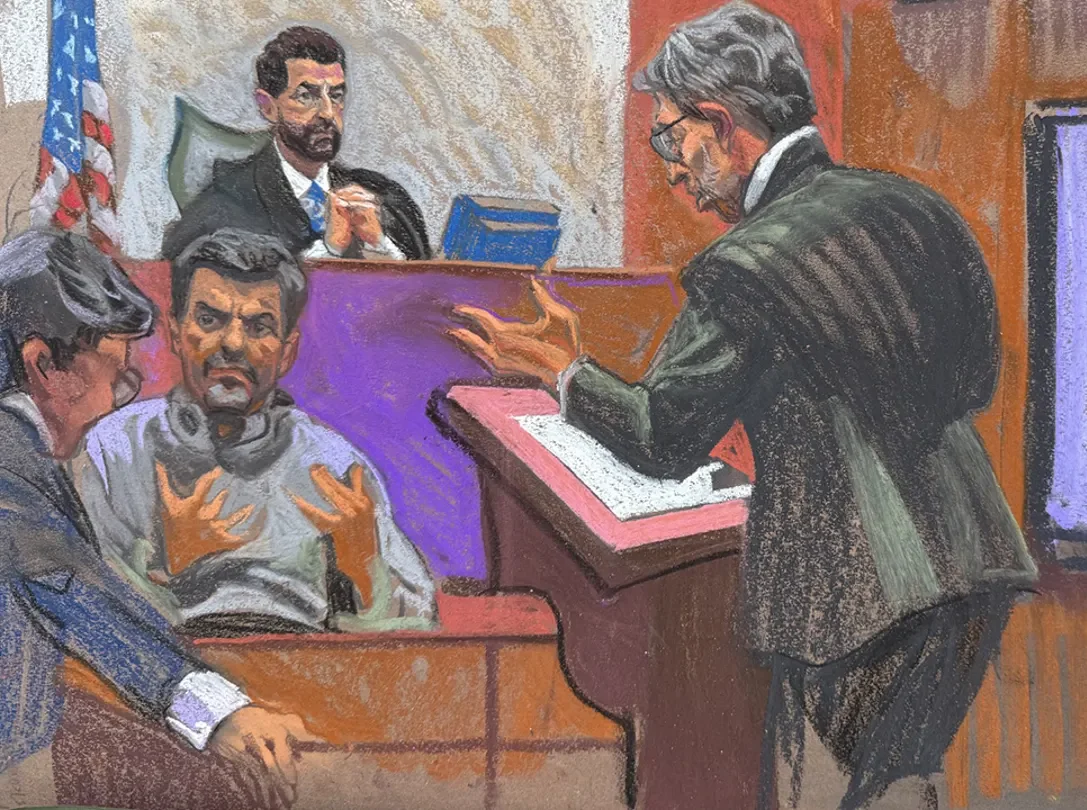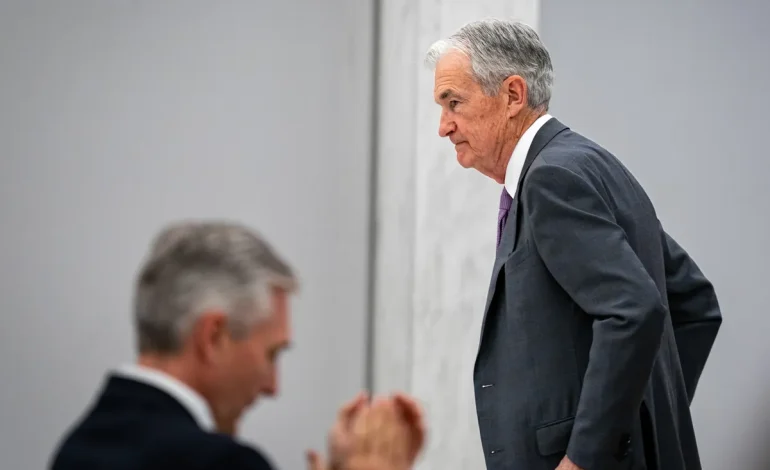As President Donald Trump considers his next choice to lead the Federal Reserve, the nominee is already confronting questions about credibility due to heightened concerns over the central bank’s independence.
Trump, known for advocating aggressive interest-rate cuts, has intensified his push for monetary policy easing, even considering appointing a “shadow chair” to publicly advocate rate reductions prior to Jerome Powell’s scheduled departure in May 2026. This unprecedented idea, aimed at pressuring the Fed into lowering rates, has sparked debate about potential conflicts of interest and the erosion of the institution’s traditionally independent stance.
“The real loser here is not Jay Powell but his successor,” said TS Lombard economist Dario Perkins. “We don’t even know who that person is, and already there are strong doubts about their integrity and what sort of ‘deal’ they have made to secure the position.”
Traditionally, the Federal Reserve maintains its independence by making policy decisions based on economic data rather than political influence. However, Trump’s continued public demands for rate cuts—arguing that lower rates could reduce government borrowing costs—pose a risk to that tradition.
This has significant implications for the next Fed chair. Any candidate perceived as Trump’s preferred choice may face skepticism about their independence, potentially undermining market confidence and complicating monetary policy management.
Economists warn that the “shadow chair” approach could further muddy expectations. Lev Menand, an associate professor at Columbia Law School, cautioned that a nominee named far in advance, specifically to advocate policies contrary to Powell’s, risks reputational damage and heightened market uncertainty.
Moreover, even if Trump appoints a successor eager to cut rates, the decision-making power lies with the broader Federal Open Market Committee (FOMC), comprising twelve voting members. Building consensus among committee members may not be straightforward, especially if substantial rate cuts raise concerns about inflation or financial stability.
According to Michael Feroli, chief US economist at JPMorgan Chase & Co., achieving immediate policy shifts may prove challenging.
“Whether one person, even if that’s the chair, can immediately get the committee to agree to a big change in policy, I think that might be more difficult,” Feroli said.
Adding further complexity, Jerome Powell could choose to remain as a Fed governor after his term as chair ends, potentially limiting Trump’s ability to appoint an outside candidate. Traditionally, outgoing Fed chairs resign entirely, but Powell has yet to clarify his intentions.
Market participants remain wary. The possibility of political interference has already unsettled some investors, who generally favor stability and predictability in central bank policies.










The latest news in your social feeds
Subscribe to our social media platforms to stay tuned